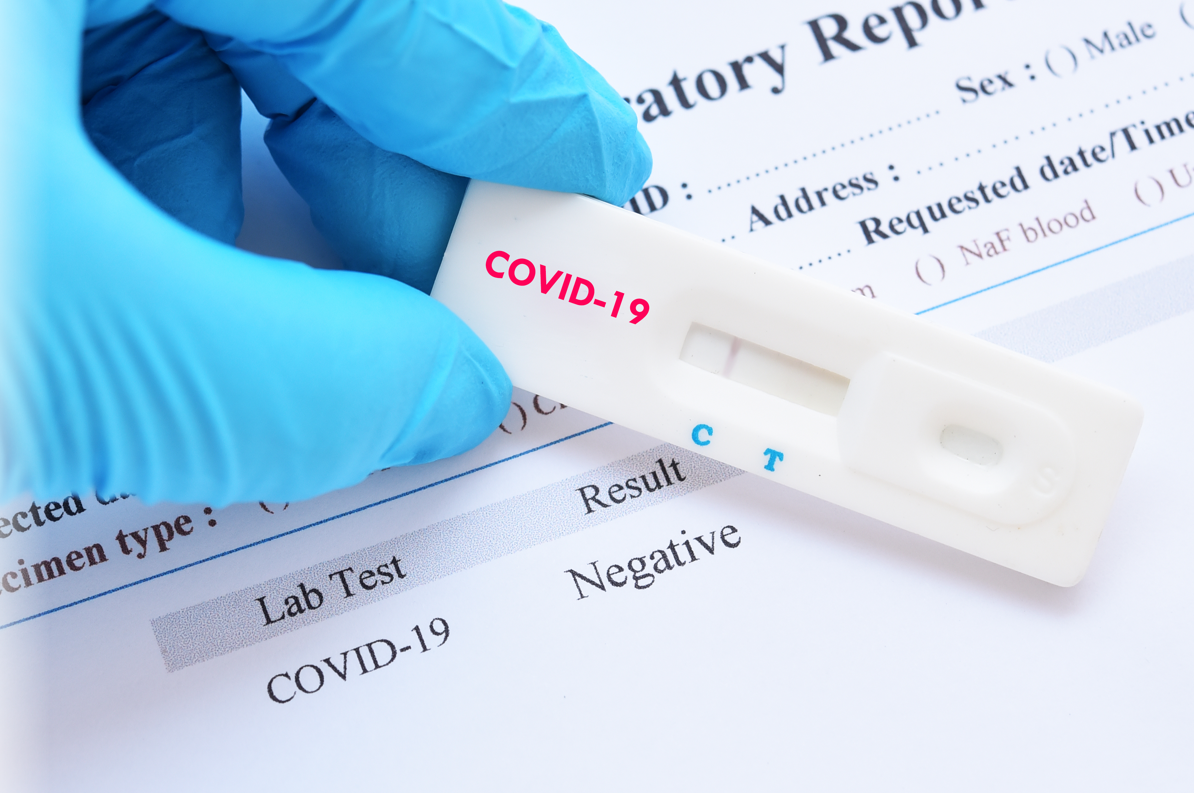On a new page on the NGS website, the company has published documents considering the changing risks to travellers, looking at how the post-pandemic environment may in some cases change the nature of the threat, and advising how travel managers can put plans in place to ensure the safety and security of their staff.
As vaccination programmes continue across the developed world, international travel is making tentative steps towards normality, at least across some limited routes. In reality, it will be many months, possibly years, before it returns to the same experience it was two years ago, as countries change their reopening schedules on a daily basis. Even once the world has fully reopened to travel, it may never quite be the same – temperature checks and lateral flow tests may become a routine part of any international flight in the coming years. Nonetheless, a lot of business travel has already resumed, particularly between those countries reporting low case numbers or imposing few travel restrictions. As it happens, those countries tend to be the destinations where conventional security risks are more present, from political violence to natural hazards. Subsequently, many corporate travel managers are beginning to plan accordingly for travel in a post-pandemic environment.
New politics: The process of resuming travel is not a straightforward health issue, as new political considerations are paramount. Most countries are experiencing a socio-political division between those who remain wary of the threat from the virus (who want to restrict international travel, which they see as madness in the current environment), and those who are exhausted of the economic toll inflicted by many months of travel restrictions and lockdown (who want everything to reopen in order to kick-start their flagging economies). As a result, national executives, seeking to make quick decisions balancing health and national finances can find themselves hindered by a legislature that reflects these social divisions, and “final” decisions can change frequently.
Shifting requirements: For instance, the US – EU axis is crucial for international travel, and the two sides of the Atlantic will set the tone for global travel resumption. Despite a news conference with Chancellor Merkel in early July, in which President Biden raised hopes that he would be lifting international travel restrictions with Europe “within a few days”, Washington decided to maintain its restrictions amid a rise in infection rates (mostly based on the Delta variant). In particular, the US has instructed its citizens not to travel to the UK amid its growing third wave, despite restrictions being eased for much of the British population on 19 July.
For the EU, most of its latest travel agreements are no longer based on infection rates, but on the spread of new variants that are not yet widespread in the EU. The WHO has maintained its position that proof of vaccination should not be a requirement for international travel – nonetheless, 12 EU countries (including France, Germany, Greece, Italy and Spain) are currently only permitting entry to US travellers if they can prove full vaccination. France only permits one of the four EU-approved vaccines, Pfizer, AstraZeneca, Moderna and Johnson-and-Johnson: this automatically excludes those Russian and Chinese travellers who may consider themselves protected with Sinovac or Sputnik-V.
Changing threats to travellers: For the international traveller, some considerations will persist regardless of the brand of vaccine used, or the number of days travellers spend in quarantine. These are the permanent threats to traveller security, which need to be considered in advance and managed within the risk capacity and budget of each traveller or organisation. These include kidnap, terrorist attack, crime, natural disasters, other health issues. These can all be mitigated with the correct training and planning. However, the nature of some of these threats has changed in the wake of the pandemic. Most human-based threats have some socio-economic issue at their core, and every country in the world has suffered some level of damage to its economy as a result of essential travel restrictions and lockdowns. These necessary decisions have reduced economic output in all countries, deepening economic divides across societies, thereby increasing the likelihood of crime and civil unrest in some form. For instance, although the recent civil unrest in South Africa was sparked by the trial of Jacob Zuma, it was fuelled by a poorly-performing economy that has been devastated by 18 months of stagnation and rocketing unemployment.
At the same time, countries that suffer from natural disasters will now have a fresh consideration – how to ensure that infection rates are minimised when managing clean-up operations. For instance, heavy rain across India in July has led to flash floods, landslides, blocked highways and deaths across Himachal Pradesh, Maharashtra and Sikkim, as well as in residential parts of Mumbai, with dozens of people having been killed. The restoration of services will take months, once the rains have subsided, and this in a country that has experienced one of the worst outbreaks of COVID-19 in the world.
Security travel managers: In the planning stages of international travel, security managers will need to consider how travel risks might have evolved, to verify that their journey management plans are updated to reflect any deterioration in services over the last 18 months, and to put in place a system to ensure that travellers and service providers are all appropriately vaccinated.
NGS can assist all global travellers with tracking, security, emergency evacuation, medical evacuation, training and journey management planning, to ensure that international travel, regardless of the status of vaccinations or nationwide restrictions, can be a productive and enjoyable process for all participants.
NGS Support
These considerations are by no means exhaustive. They can be expanded according to an employer’s own risk appetite, and the advice of in-country security providers. Northcott Global Solutions is an international global assistance company that provides:
– Journey management planning
– Risk management
– Security support (including PPE)
– 24/7 tracking
– Emergency evacuation
– Remote medical support
Contact: security@northcottglobalsolutions.com
